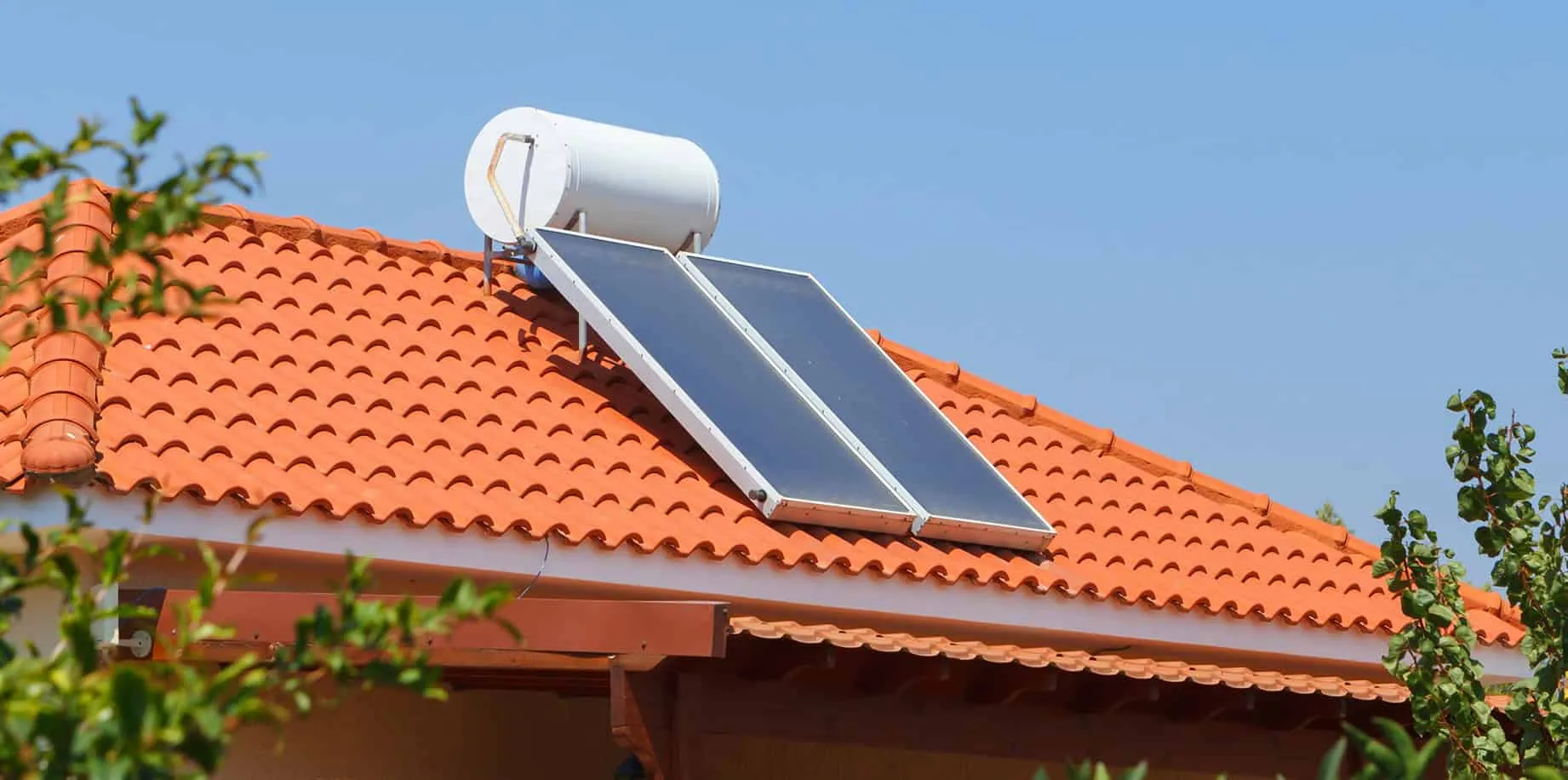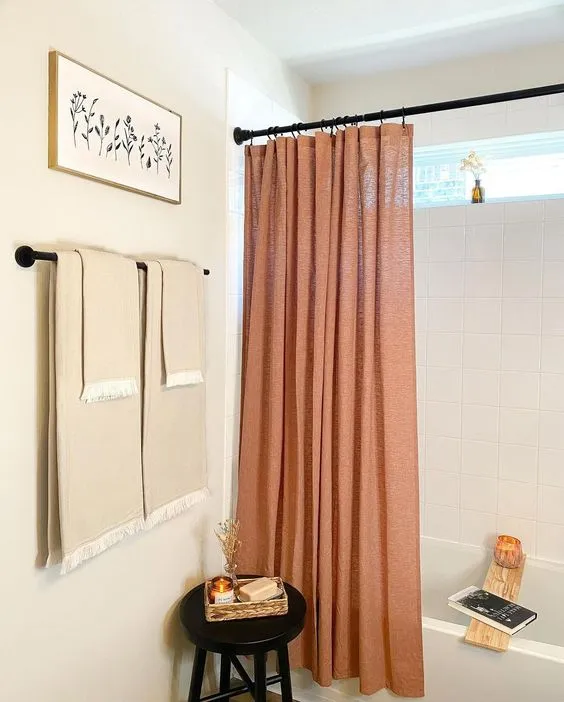Is It Worth Installing a Solar Water Heater?
Installing a solar water heater can be an excellent way to save on electricity bills, but is it worth making such an investment? In this article, we'll look at the pros and cons of using solar heating for water supply in your home. We'll also discuss how much you can save by switching to this method. Read on to learn more!

What Is Solar Heating?
There are two main types of solar water heaters: passive and active. Passive, or opaque, collectors use the sun's heat to warm air that passes through them. Fans or pumps may be used to move hot air into the home's interior space, where it is used for radiant floor heating, hot water supply systems, etc. Active systems with transparent collectors usually use fans or pumps (or both) to achieve higher temperatures than passive systems. Water stored in a tank circulates through the house for use.
Solar radiation contains various wavelengths depending on the source — ultraviolet (UV) radiation from the sun; infrared (IR) radiation from highly reflective surfaces such as snow or sand. Transparent solar systems use the sun's IR radiation to heat water in a special collector. Panels can be mounted on rooftops or stands, and their temperature is regulated by a pump that circulates hot fluid through them when they are cooler than the tank.
Solar water supply is most efficient in regions with abundant sunshine — such as desert areas of Australia, but also works well in other parts of the country with fewer sunny days. In fact, many homeowners living in less sunny climates still achieve significant energy savings because they have fewer opportunities for errors when choosing the right system.
How Much Can You Save?
This depends on your climate, but generally solar water heating can save about 30% of total annual electricity bills. For example, in Queensland, Australia, experts at Live SG (Shumai-Kost) hot water systems save their clients hundreds to thousands of dollars per year.
What Factors Affect System Efficiency?
A few things determine how well a specific solar hot water system will work for you:
- Latitude where you live (This affects the amount of heat produced by direct sunlight at any given time.)
- Quality and characteristics of heating systems used in your home (More efficient components can help you save more by reducing heat loss.)
- Size of your tank (A smaller tank means less wait time between uses, but also less storage capacity.)
- Annual water usage habits (Using water during peak solar activity — when transparent collectors are most efficient — can help you save even more.)
What Size System Should You Choose?
There is no universal answer to this question. You'll need to determine how much hot water you use per day by reviewing your electricity bills and the number of family members and guests who will be using it. A good rule of thumb: if your family consumes more than five gallons of hot water per minute, an active solar heating system will likely meet your needs. A passive system without glass collectors may be suitable if you use less than three gallons per minute, although such systems are typically only suited for radiant floor heating. And regardless of the type of collector you choose, make sure it matches components with the correct sizing. If your tank is too small for the collector, you'll be waiting all day for hot water — not to mention using more energy than necessary to heat it.
Is Your Climate Warm Enough?
Solar heating can work in any climate where there is enough sunshine to heat your home. Generally, solar heating is most efficient in climates without freezing temperatures and with at least 4 hours of direct sunlight daily. However, some locations with less sunshine may still save money on monthly bills because they require smaller collectors or tanks compared to sunnier regions. For example, researchers found that even though homes in London receive about half the amount of sunlight as those in Sydney, they still save more money due to lower operating costs related to smaller collectors and tanks.
Is It Worth Installing Solar Water Heaters?
Absolutely. Depending on factors such as family size, annual hot water consumption, climate, and location, solar heating can save thousands of dollars in energy costs throughout its lifetime. And it's all powered by free solar energy.
Solar water supply is an economical and eco-friendly way to heat water in your home. Depending on the climate, you can save around 30% of total annual electricity bills. Additionally, using a solar water heater can help reduce your carbon footprint by offsetting some emissions from traditional water heating methods. If you're interested in installing a solar hot water system at home, talk to an expert.
Need a renovation specialist?
Find verified professionals for any repair or construction job. Post your request and get offers from local experts.
You may also like
More articles:
 Connected Housing Inokashira by Moriosi Naotake Studio in Mitaka, Japan
Connected Housing Inokashira by Moriosi Naotake Studio in Mitaka, Japan Inside a Beautiful Bright Apartment
Inside a Beautiful Bright Apartment Inside the Coziest and Most Stylish Winter Halls
Inside the Coziest and Most Stylish Winter Halls Inspiring and Unique Ideas for Colonial Style Decor
Inspiring and Unique Ideas for Colonial Style Decor Inspiring Curtain Ideas for Shower Rooms
Inspiring Curtain Ideas for Shower Rooms Inspiration for Living Room Decoration
Inspiration for Living Room Decoration Inspiring White Bathrooms for Creativity
Inspiring White Bathrooms for Creativity Ideas for Creating a Sleeping Corner in a Studio
Ideas for Creating a Sleeping Corner in a Studio